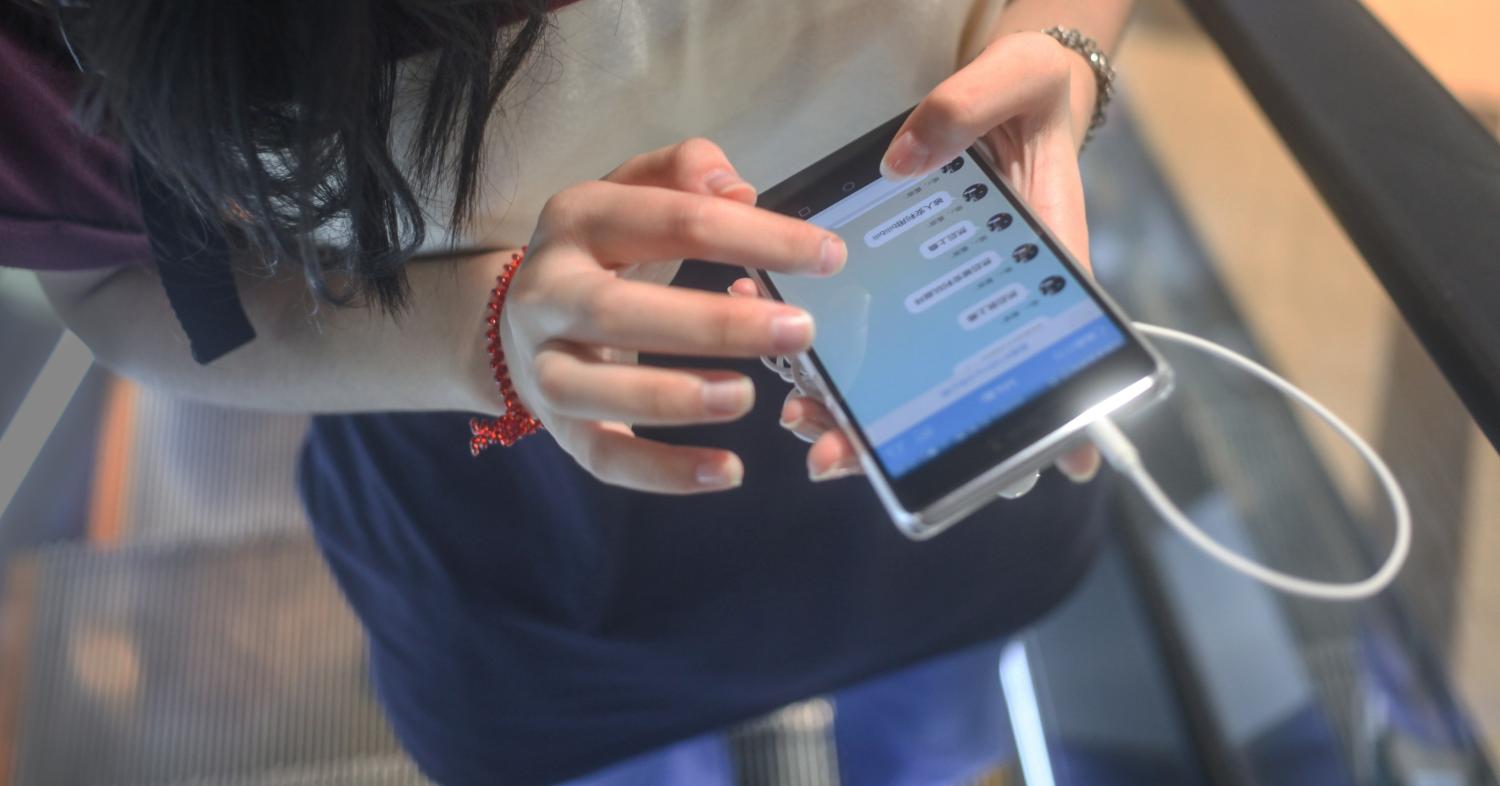- It’s been reported that Moscow-based think-tank the Russian Institute for Strategic Studies was responsible for the road map underpinning Russia’s 2016 US election cyber influence campaign. Confidential strategy documents produced by the think-tank in June 2016 allegedly recommended Russia 'launch a propaganda campaign on social media and Russian state-backed global news outlets.'
- An internet governing body in Africa may soon refuse to allocate new IP addresses to governments that cut off internet access to their citizens (the worst offenders include Gabon, Ethiopia, Algeria, The Gambia, Congo, Zimbabwe, Burundi and Uganda).
- ISIS has launched a Facebook-style social media network based out of Egypt (in 2016 it also launched a mobile app for children).
- Take a 3D tour of North Korea’s nuclear test site thanks to open-source intelligence.
- RT has reported Twitter will transfer the personal data of Russian users to servers based in Russia in 2018.
- How do false flag operations (pretending to be someone else while conducting espionage or warfare) work in cyberspace?
- This project from the Bill & Melinda Gates Foundation is using blockchain technology to help bring financial services to the two billion people worldwide who don't have bank accounts.
- An overview of the digital manipulation, including Russian Twitter bots and a fake USAID email, that occurred ahead of Armenia’s 2 April elections.
- Ahead of the country’s presidential elections, Facebook has suspended 30,000 accounts in France as part of the company’s efforts to stop the spread of fake news, misinformation and spam.
- America’s tech companies are joining the political fray and engaging in policy battles.
- A Latvian NGO that specialises in investigative journalism has found that three Baltic Russian-language news sites known as Baltnews, which have been designed to appear locally founded, are in fact secretly linked to the Kremlin’s global propaganda network.
- A number of new digital democracy and diplomacy resources, reports and articles have come online this month, including the 2016 State of Digital Diplomacy platform out of Turkey, and this report looking at how the UN can use technology to meet 21st century problems by former UK Ambassador Tom Fletcher.
- Online tool Filterbubblan gives users real-time insight into Sweden’s political filter bubbles across the country’s liberal, centre and conservative debates.
- The Russian Government has blocked secure push-to-talk app Zello. The app, which has 400,000 users in Russia, is trying to circumvent the block which began shortly after large anti-corruption protests broke out across the country.
- 62% of adults in China read via messaging app WeChat (a 10% increase from 2015). Thanks to the University of Toronto’s Citizen Lab we know access to information via WeChat is heavily filtered and that censorship also extends internationally. But it’s not just keywords, people and text discussions which are censored, new Citizen Lab research reveals images are also filtered in both WeChat’s chat function and WeChat Moments. (see figure below).

Evidence of censorship of image in WeChat’s group chat feature. A user with a China account attempts to send a picture of the cover of a report on the 709 Crackdown published by China Human Rights Lawyers Concern Group 中国维权律师关注组 and is blocked. Reproduced with permission from Citizen Lab.
